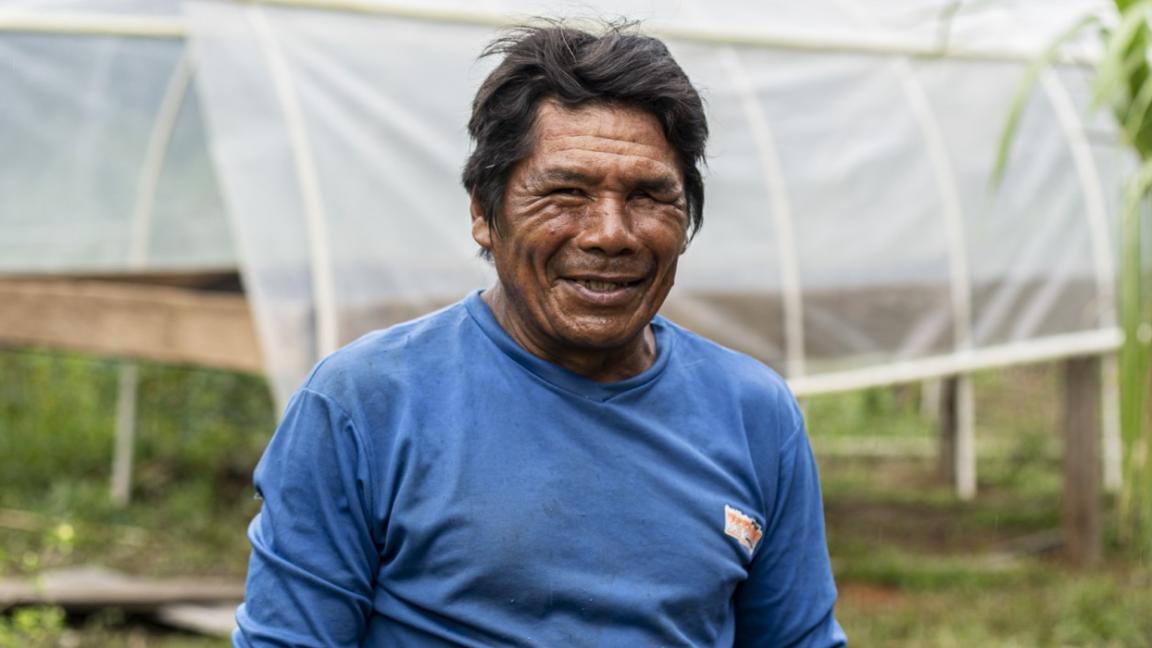Forests, moorlands, seas, steppes, lakes and rivers are much more than just habitats for animals and plants. Healthy ecosystems provide us with food, clean drinking water, raw materials and fertile soils. They protect us against flooding and soil erosion and are real climate heroes – they regulate temperatures and the water balance and help us adapt to climate change.
Nature under pressure: what biodiversity loss means for us
The natural environment and ecosystems are increasingly coming under pressure worldwide. As habitats are destroyed and biodiversity diminishes, key services such as clean water, fertile soils, pollination and climate regulation are lost too. These ‘ecosystem services’ are crucial for development and prosperity.
The main drivers of this loss are deforestation, overexploitation, pollution, climate change, invasive species and the destruction of natural habitats. An unfavorable political or economic environment means that it is more profitable to use natural resources in the short term than preserve them over the long term.
We are therefore faced with the challenge of reconciling development with the conservation of nature and the natural resources on which livelihoods depend. The aim is to promote sustainable development, preserve ecosystems, restore degraded ecosystems and safeguard future prosperity.

